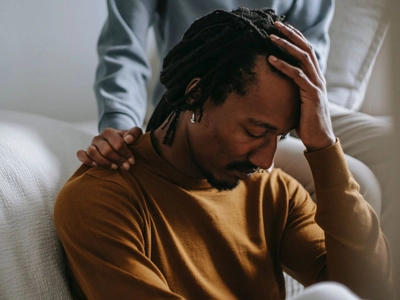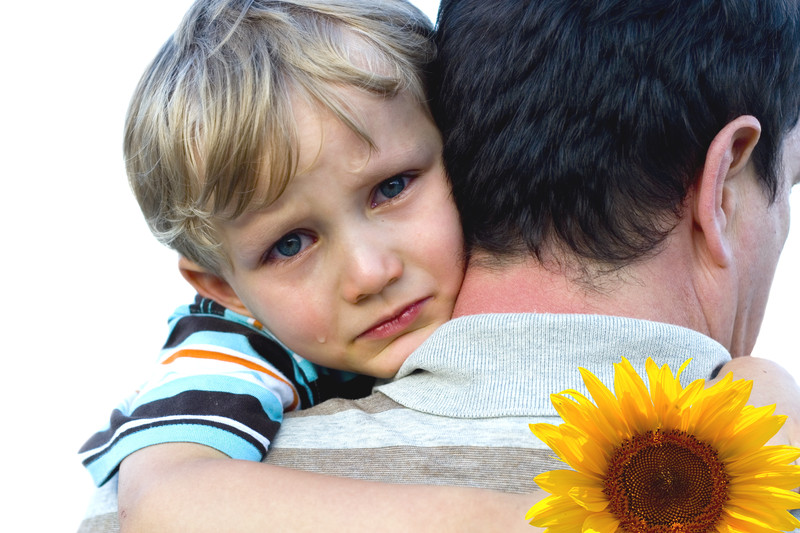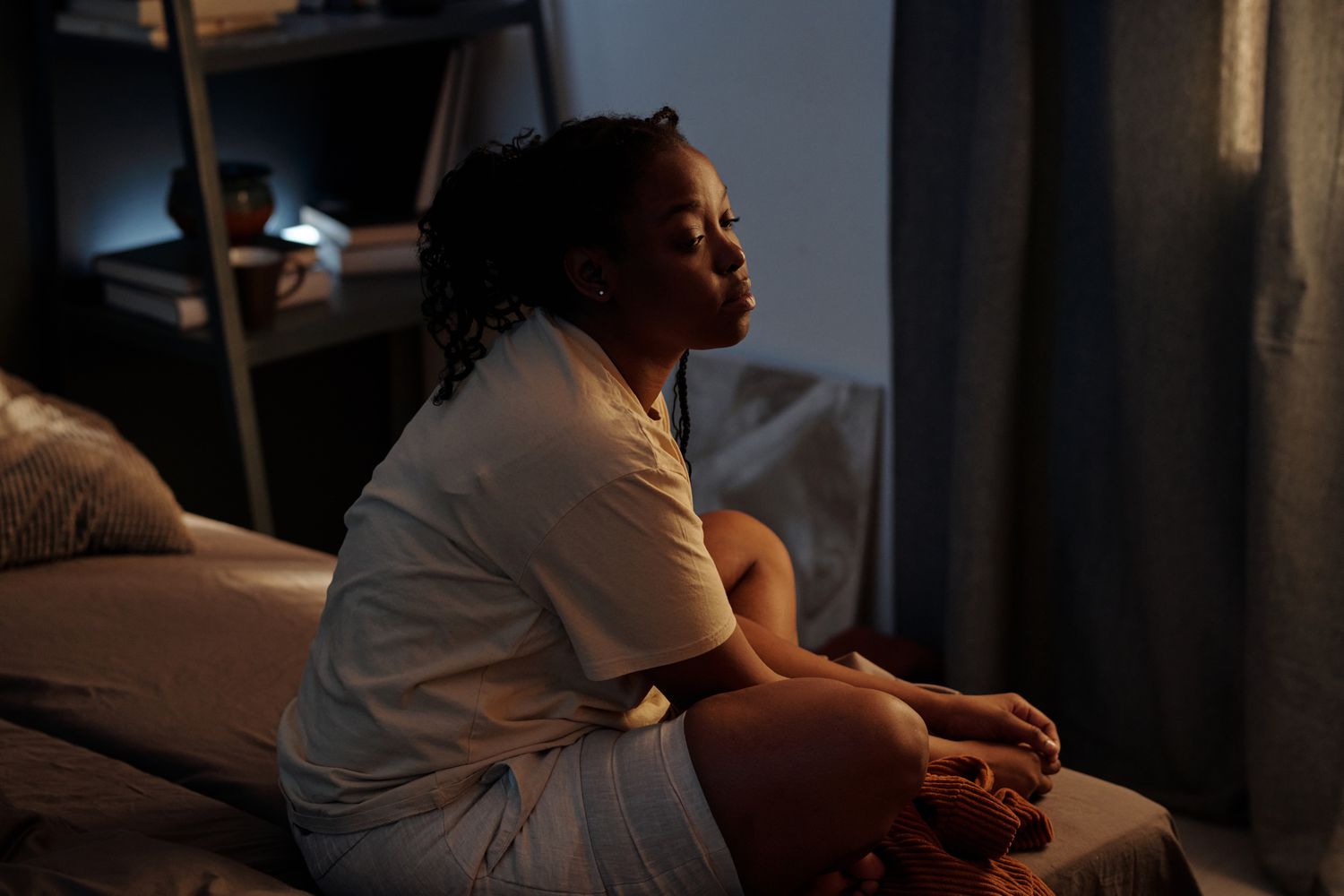Why the Same Book Keeps Returning: The Strange Power of Grief, Belongings, and Libraries
If you’ve ever lost someone close, you know objects carry weight—sometimes more than memories. The mug that always sat by their bed, the scarf they never left behind, the book that returns to your kitchen table like an echo. Psychologists call these ‘transitional objects of grief,’ and they’re far more than forgotten clutter—they’re messages from your own heart.
When Things Return: The Haunting Power of Belongings

Why do we keep seeing the same things over and over after loss? Experts say it’s not just chance. Objects tied to the deceased act as conduits, keeping our bonds alive in a world that suddenly feels colder. Each appearance is a wave of remembrance, sometimes arriving before we’re ready. Instead of closure, recurring objects offer a slow, winding pathway through pain—letting you say goodbye in installments rather than all at once.
The Psychology Behind the Ghostly Return
After the death of a loved one, our brains crave connection and search for patterns and signs. Books, especially on topics your loved one adored, aren’t just objects; they're bridges to who they were—and who you were when they were still alive. Repeated encounters with a beloved book, like “Wildflower Identification,” can be the mind’s way of refusing to sever an emotional thread, no matter how many times you “return” it to its shelf.
A study published in PMC on transitional objects found these items can have active therapeutic roles, helping bereaved people process their grief. Psychologist Mary-Frances O’Connor, author of The Grieving Body, points out that clinging to certain belongings is not regressive—it’s a necessary recalibration when identity and routines have been upended by loss.
Libraries: More Than Quiet Spaces—They’re Healing Communities

Think about your local library. Quiet corners, the comfort of routine, and unseen others who also carry silent burdens. Libraries offer more than books; they offer a space to recalibrate. They are often spaces of subtle support where memories resurface and healing—by reading, returning, or even hanging onto a book—unfolds bit by bit.
Librarians and community members bear witness to our private rituals, like repeatedly checking out the same book. They know sometimes, the item isn’t overdue—it simply isn’t done healing you yet.
Should You Let the Book Go?
Many grievers wrestle with guilt, wondering when it’s ‘right’ to release an object or return the mementos of someone gone. The answer is deeply personal. There’s no timeline for grief, and sometimes, the final act of returning a beloved book isn’t closure at all—it’s courage. It’s a willingness to face the next chapter, knowing your person’s love has left marks on you deeper than any due date ever could.
How do you cope when the things of the dead keep coming back? Have you found comfort—or torment—in the objects left behind? Tell your story. Because sometimes, what won’t go away is exactly what still needs to be heard.










